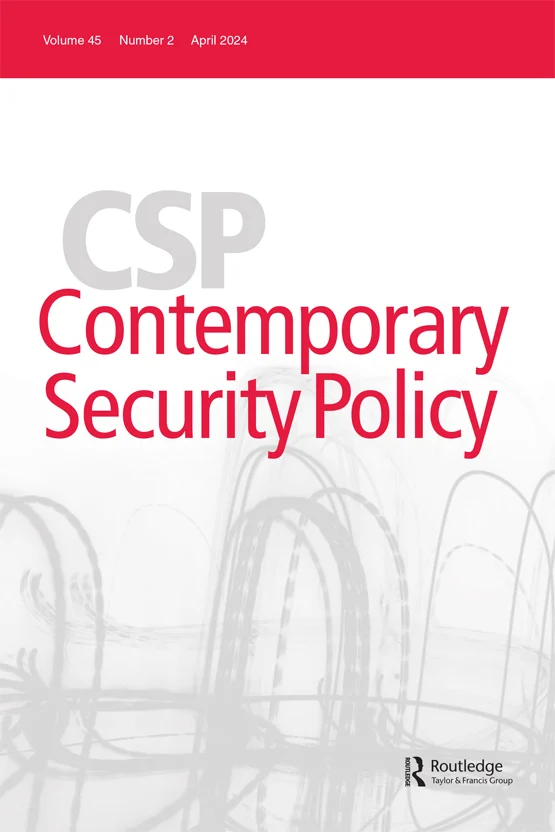Experimental differentiation as an innovative form of cooperation in the European Union: Evidence from the Nordic Battlegroup
IF 5
1区 社会学
Q1 INTERNATIONAL RELATIONS
引用次数: 2
Abstract
ABSTRACT This article focuses on the use of experimental differentiation, a form of small-scale pilot program that aims at testing whether further institutional integration can be bolstered in an area where cooperation has not been tested or proven. Experimental differentiation consists of three features. Firstly, participation should not be constrained by membership in the European Union. Secondly, experimental differentiation should consist of short-term projects. Thirdly, the functional scope of such experiments should be clearly limited to reduce the expected political costs of participation. Empirically, this article focuses on the EU Battlegroups and analyzes how the above-mentioned features drove political actors to support participation. While EU Battlegroups have been criticized for their lack of effective action and the political and financial costs they entail, this article offers a more positive feature, arguing that Battlegroups should be seen as experiments that lead reluctant political actors to consider their cooperation under the EU framework.作为欧盟合作创新形式的实验性差异化:来自北欧战斗群的证据
本文重点讨论了实验差异化的使用,这是一种小规模试点项目,旨在测试在合作尚未经过测试或证实的领域,是否可以加强进一步的制度整合。实验分化包括三个特征。首先,参与不应受到欧盟成员国身份的限制。其次,实验差异化应由短期项目组成。第三,应明确限制这种实验的功能范围,以减少参与的预期政治成本。从实证角度出发,本文以欧盟战斗群为研究对象,分析上述特点是如何促使政治行为体支持参与的。尽管欧盟战斗群因缺乏有效的行动以及它们所带来的政治和财政成本而受到批评,但本文提供了一个更积极的特征,认为战斗群应被视为实验,导致不情愿的政治参与者考虑在欧盟框架下进行合作。
本文章由计算机程序翻译,如有差异,请以英文原文为准。
求助全文
约1分钟内获得全文
求助全文
来源期刊

Contemporary Security Policy
Multiple-
CiteScore
14.60
自引率
6.80%
发文量
22
期刊介绍:
One of the oldest peer-reviewed journals in international conflict and security, Contemporary Security Policy promotes theoretically-based research on policy problems of armed conflict, intervention and conflict resolution. Since it first appeared in 1980, CSP has established its unique place as a meeting ground for research at the nexus of theory and policy.
Spanning the gap between academic and policy approaches, CSP offers policy analysts a place to pursue fundamental issues, and academic writers a venue for addressing policy. Major fields of concern include:
War and armed conflict
Peacekeeping
Conflict resolution
Arms control and disarmament
Defense policy
Strategic culture
International institutions.
CSP is committed to a broad range of intellectual perspectives. Articles promote new analytical approaches, iconoclastic interpretations and previously overlooked perspectives. Its pages encourage novel contributions and outlooks, not particular methodologies or policy goals. Its geographical scope is worldwide and includes security challenges in Europe, Africa, the Middle-East and Asia. Authors are encouraged to examine established priorities in innovative ways and to apply traditional methods to new problems.
 求助内容:
求助内容: 应助结果提醒方式:
应助结果提醒方式:


